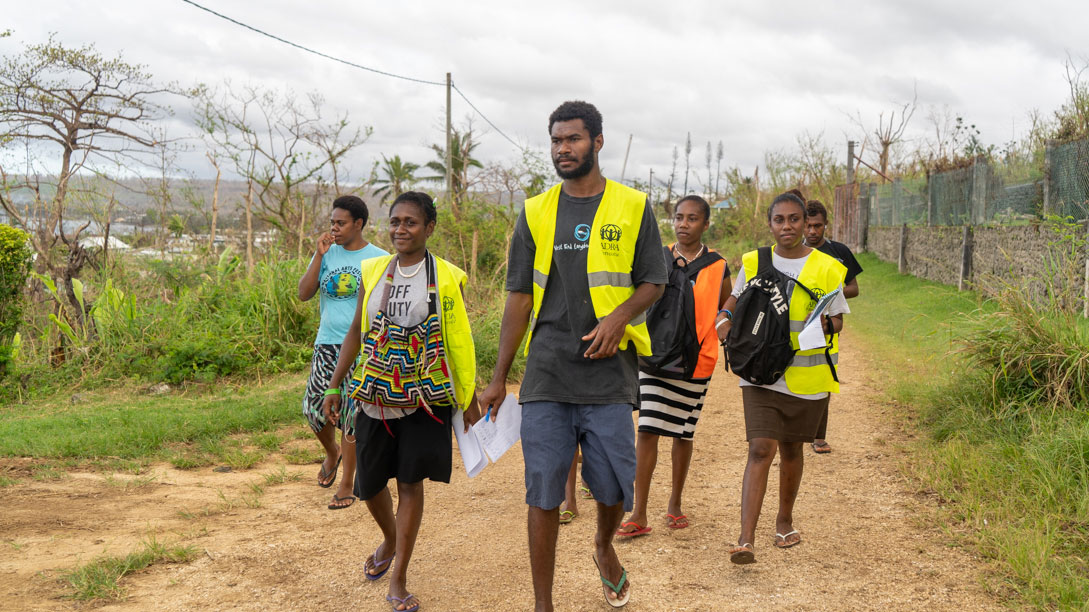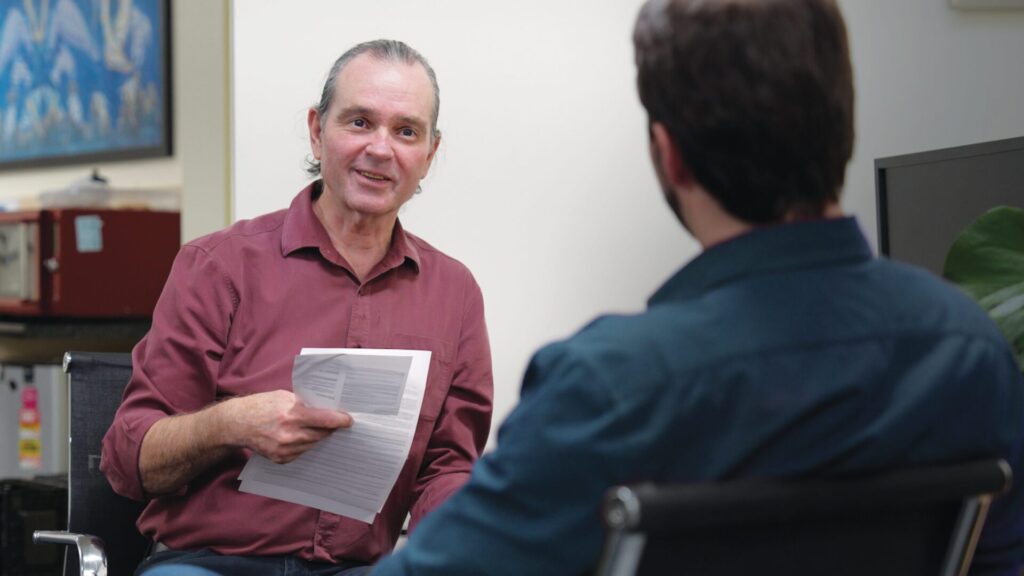Vanuatu has graduated from the United Nations’ official list of Least Developed Countries (LDC).
The graduation is “testimony to years of effort resulting in hard-worn sustainable development gains”, UN secretary-general Antonio Guterres said in a message.
Vanuatu has become the sixth country to achieve the milestone since the development categorisation was created in 1971. It graduated despite severe setbacks due to accelerating climate change, natural disasters including Cyclone Pam, and the COVID-19 pandemic.
Commenting on the graduation, ADRA South Pacific regional director Greg Young said, “Graduating from the list of least developed countries is an achievement, but Vanuatu is still classed as a developing country and thus still vulnerable to economic and environmental challenges.
“Vanuatu has a large rural population spread over many islands, and as a result, clean water and good sanitation are challenges in many of these areas. The government has various policies and strategies to tackle such issues, but these tend to be limited in implementation by funding constraints. There is very good support and cooperation between NGOs [non-government organisations] and government agencies, and this is where ADRA Vanuatu plays a strong role.”
According to the UN, Least Developed Countries are low-income countries confronting severe structural impediments to sustainable development. They are highly vulnerable to economic and environmental shocks and have low levels of human assets. Given their special circumstances, LDCs have exclusive access to certain international support measures such as in the areas of development assistance and trade.






